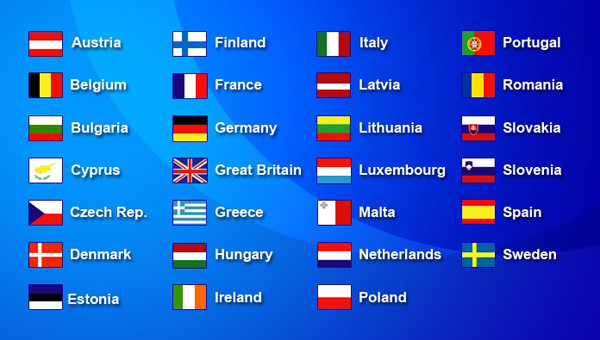STUDY IN EUROPE
Over 1.4 million students from around the world came to Europe in 2012 for their higher education… and the numbers are growing every year.With 1000s of universities, research centres and higher education institutions offering world-class study programmes, Europe is the place to be.

Planning to study in Europe?
Europe is home to many of the world’s oldest and most prestigious universities – and many of the most exciting and attractive student cities With a long history of pioneering higher education. Success Educational Consultancy And Job Solution (SEJS) at Banepa -8 Kavre Nepal.is doing good in the field of study in Europe.
European countries, and their universities, are of course all very different – in terms of language, lifestyle and living costs. However, under the Bologna Process, European universities are working to standardize degree systems. For EU students, choosing to study in Europe outside your home country should be relatively straightforward, with tuition fees charged at local rates and no visa requirements.
Top universities in Europe
One look at the QS World University Ranking ® 2018 and you’ll see the UK remains Europe’s leader at the top of the tables, with four UK universities in the top 10 and a total of 16 UK entries in the top 100. Of these, the University of Cambridge leads in fifth place, while the University of Oxford is unsurprisingly not far behind at sixth.
Switzerland also has two universities ranked within the global top 15, with ETH Zurich in 10th place and EPFL (Ecole Polytechnique Fédérale de Lausanne) 12th. Other top European universities include France’s ENS Paris (ranked 43rd in the world) and Ecole Polytechnique (=59th), the Netherlands’ University of Amsterdam (58th), Denmark’s University of Copenhagen (=73rd), Germany’s Technische Universität München (64th) and many more…
Study in Europe For Nepali Students ?
• English medium tuition helps to overcome the challenge of language at an increasing number of leading European universities.
• Grab the opportunity to improve your skills in another language.
• Travel between the UK and Europe is quick and easy.
• Studying in mainland Europe gives you the opportunity to experience the many different European countries and cultures.
• The European Higher Education Area (EHEA) is encouraging greater compatibility between universities and higher education systems across the 47 member countries across Europe.
Study in Europe is Low costs than you think!
Education in Europe is considered a basic right. Efforts are taken to ensure that Europe’s more than 6,000 higher education institutions are open to anyone with the appropriate qualifications. Therefore tuition fees in Europe are comparatively affordable. There are many scholarships available that can help you cover the cost of studying in Europe. SEJS is doing good in the field of study in Europe.
European Higher Education
Europe has many hundreds of higher education institutions, renowned as centers of excellence around the world. However, higher education systems have traditionally been formulated at the national level. Increasing European integration is changing that, with the development of the European Higher Education Area, helping to reinforce the attractiveness of higher education in Europe.
The EHEA is a region with a world-class knowledge base and cutting-edge research facilities in internationally-renowned centers of excellence. which attracts hundreds of thousands foreign students each year to study in Europe.
Increasing mobility and links between national higher education systems serve to reinforce this attraction. Foreign students coming to Europe can see for themselves the amazing diversity available to them (both inside and outside the university), while taking advantage of the smooth transferability of coursework, qualifications and research opportunities.
Schengen countries :

